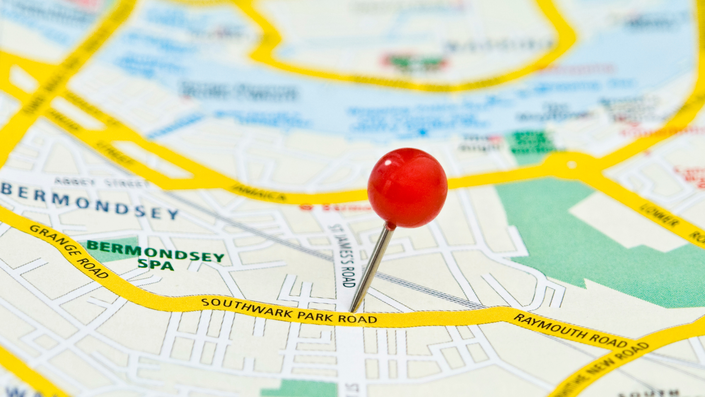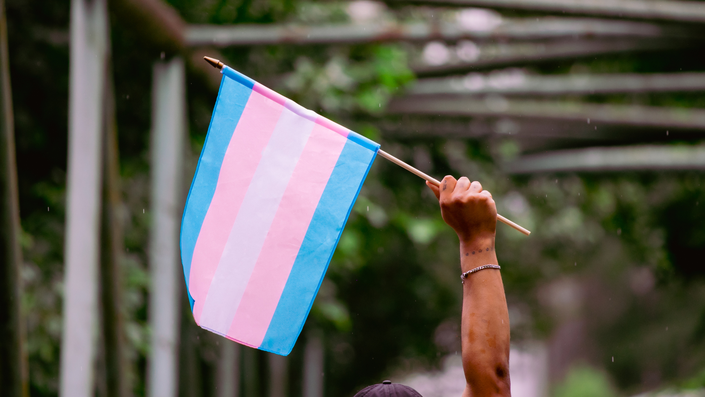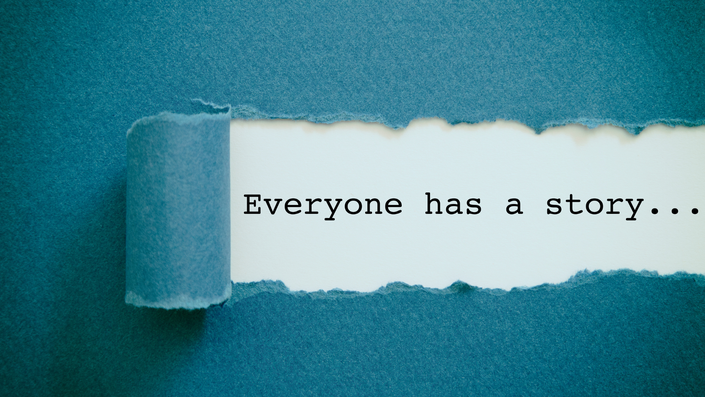Califa developed the Libraries As Second Responders (LASR) course series after seeing the effects of the COVID-19 pandemic on the library workforce. Although library workers weren’t on the front lines like first responders such as medical personnel, they played a vital role as second responders—supporting community members and connecting people with essential information.
This free, on-demand course series is designed to empower library workers in their roles as second responders. It will help them feel confident and prepared to respond to the public health challenges their communities face today—and to be ready in case another emergency appears.
Through the LASR course series, library workers will learn how to:
- Identify the key partners, programs, and resources already working in their communities
- Position the library as an active, trusted part of those networks
- Understand how long-standing systemic health and social inequities put vulnerable groups— including racial and ethnic minority communities—at greater risk of negative health impacts
-
Assess the critical needs of these groups to better support community recovery and well-being
What is a Second Responder?
Second responders support first responders such as firefighters and emergency medical personnel by helping people get back to their normal lives quickly. Watch the short video below to discover some of the ways in which libraries can be considered Second Responders.
Course Series Introduction
Gain an overview of the LASR course offerings with this video introduction by Califa Assistant Director and head of the LASR project, Veronda Pitchford.
Starting Where We Are: Conversations on Trauma and Resilience in Libraries
In this video, Veronda Pitchford, Califa Assistant Director and head of the LASR project, and University of Texas at Austin School of Social Work faculty members Starla Simmons and Patrick Lloyd, have a candid conversation about trauma, resilience, and what it means for libraries to act as “second responders” for their communities. The speakers reflect on how trauma shows up individually and collectively—especially for BIPOC library workers—and explore practical, human ways library workers can stay grounded, care for themselves, and build more compassionate, trauma-informed workplaces.
The Course Series
Each LASR course is available on-demand and at no cost to you, giving you the flexibility to learn anytime and at the speed that’s right for you. Follow your interests and pick the courses you want, or complete the entire series. The choice is yours! Click any of the course names to learn more about the course and enroll!
This project was made possible in part by the Institute of Museum and Library Services RE-248569-OLS-20.
The Institute of Museum and Library Services is the primary source of federal support for the nation's libraries and museums. We advance, support, and empower America's museums, libraries, and related organizations through grantmaking, research, and policy development. IMLS envisions a nation where individuals and communities have access to museums and libraries to learn from and be inspired by the trusted information, ideas, and stories they contain about our diverse natural and cultural heritage. To learn more, visit www.imls.gov.
Hi, we are Califa +Infopeople!
Our vision is to champion a world where everyone is equal, included and thriving through libraries.
We love to hear from fellow library folk so please drop us a line at librarylove@infopeople.org.








